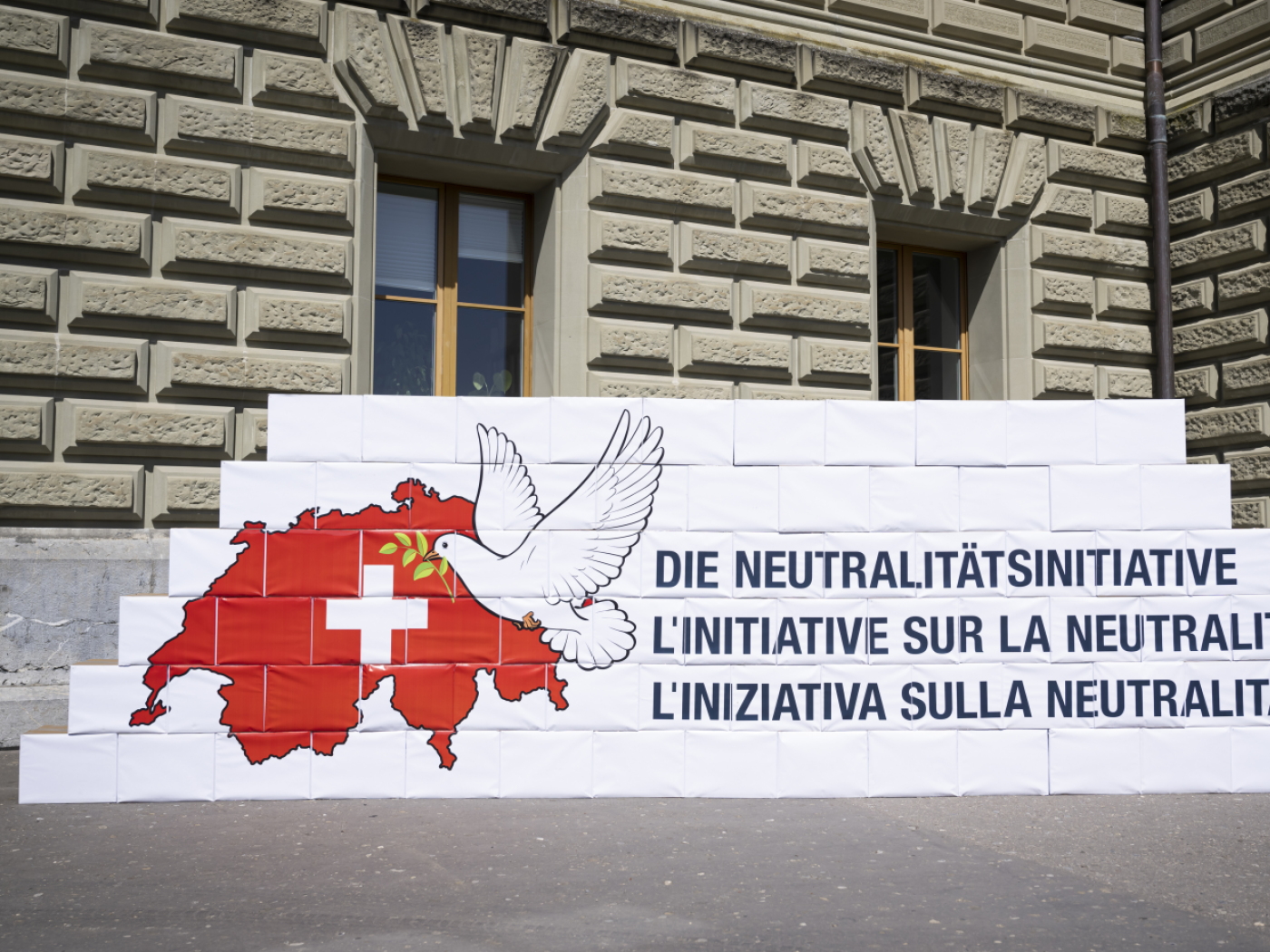
Lugano summit seeks deal to rebuild war-torn Ukraine
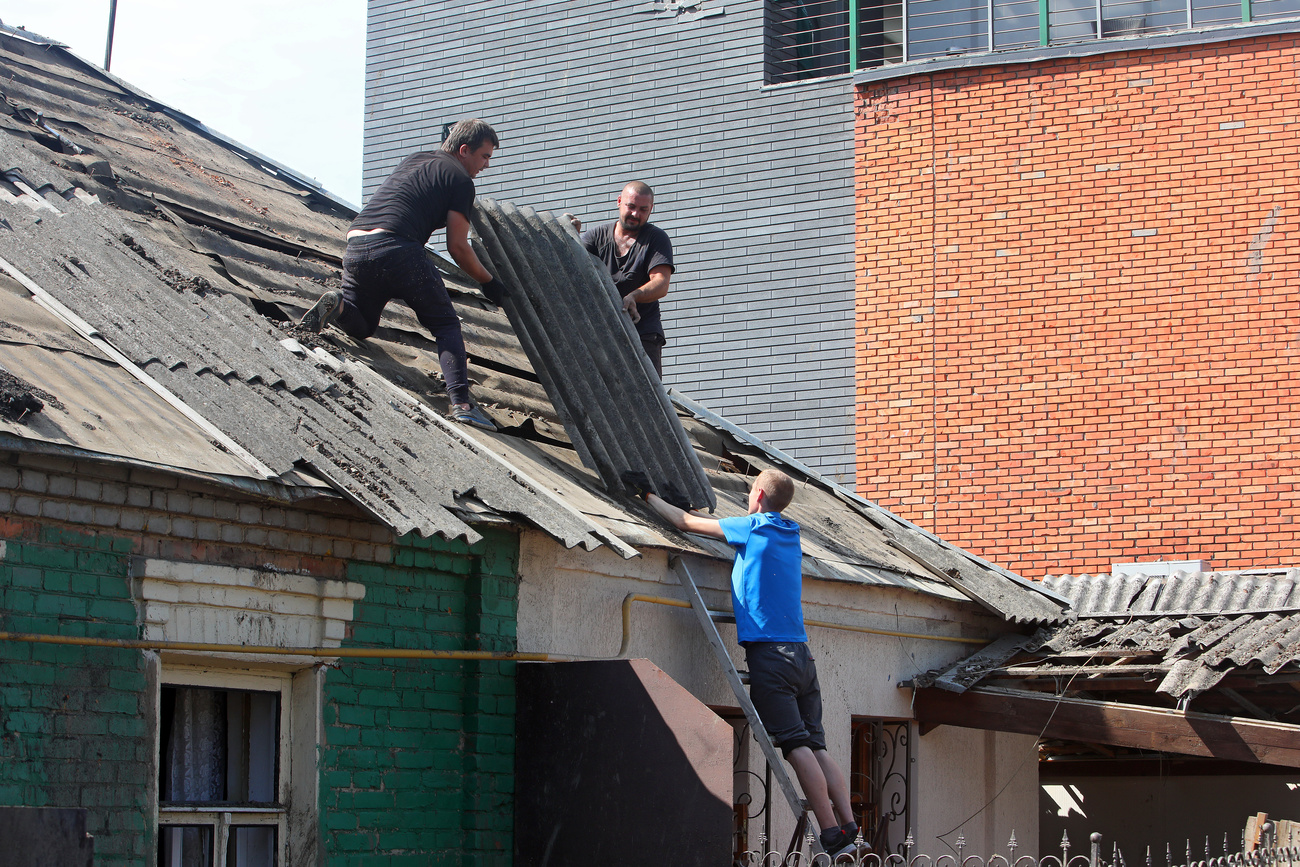
The southern Swiss city of Lugano is hosting the Ukraine Reform Conference to plan how to rebuild Ukraine. What can the summit bring to the war-ravaged country? And, what does Switzerland hope to achieve?
There is an enormous amount of Russian capital in Switzerland. Can and should it be seized for the reconstruction of Ukraine? Such ideas are being discussed internationally. It’s also become subject of parliamentary debate in Switzerland. But what may respond to demands for justice, also raises many questions. At stake is the legal foundation in Switzerland for such a decision.
SWI swissinfo.ch journalist Tomoko Muth looked into the subject. Her conclusion is that expropriating Russian assets would hit the Swiss financial centre hard. At an international level, seizing rather than simply freezing assets is conceivable though. Read her report.
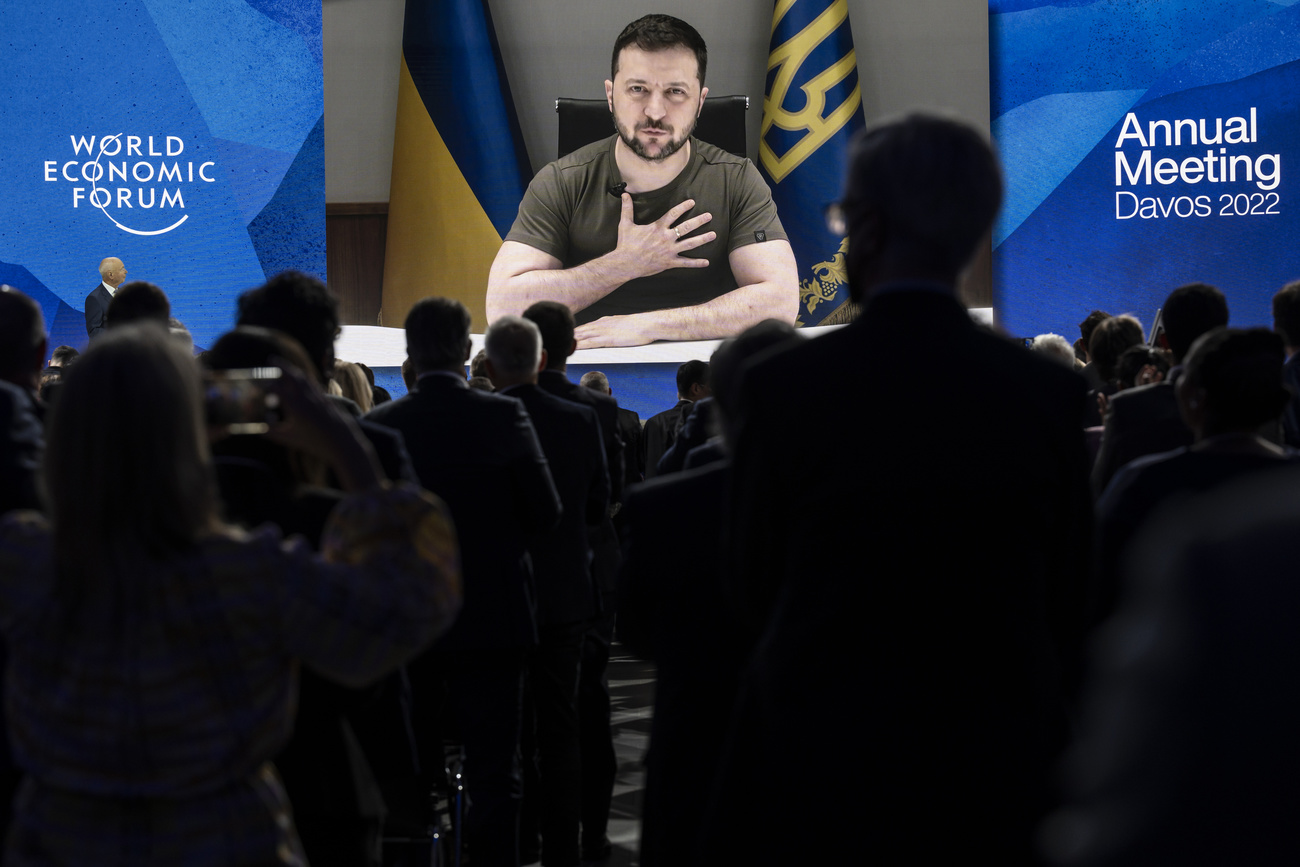
More
Could Switzerland seize Russian assets to rebuild Ukraine?
The topic of seizing assets for reconstruction will only be discussed on the margins of the Lugano conference that takes place on July 4-5. The focus will not be on how much money, but on more fundamental questions: Who will do it? How will it be done at all? What’s needed? And when should the reconstruction be tackled and where?
The Ukraine Recovery Conference ranks among the big events tackling the questions. It comes just after the G7 summit in Bavaria, Germany and the NATO summit in Madrid. The list of participants in Lugano will not pull as much weight as that at the G7 and NATO gatherings. But the meeting could define and set the tone for future Ukraine recovery measures.
The conference is being held on the initiative of Ignazio Cassis, who holds the rotating Swiss presidency. Cassis is from Lugano and wants the meeting to end with a “Lugano Declaration,” comparable to the “Marshall Plan” that outlined the reconstruction of Europe after the Second World War. That would secure the city a place in history. This makes the conference also about prestige and a chance for the city to take its place in world politics.
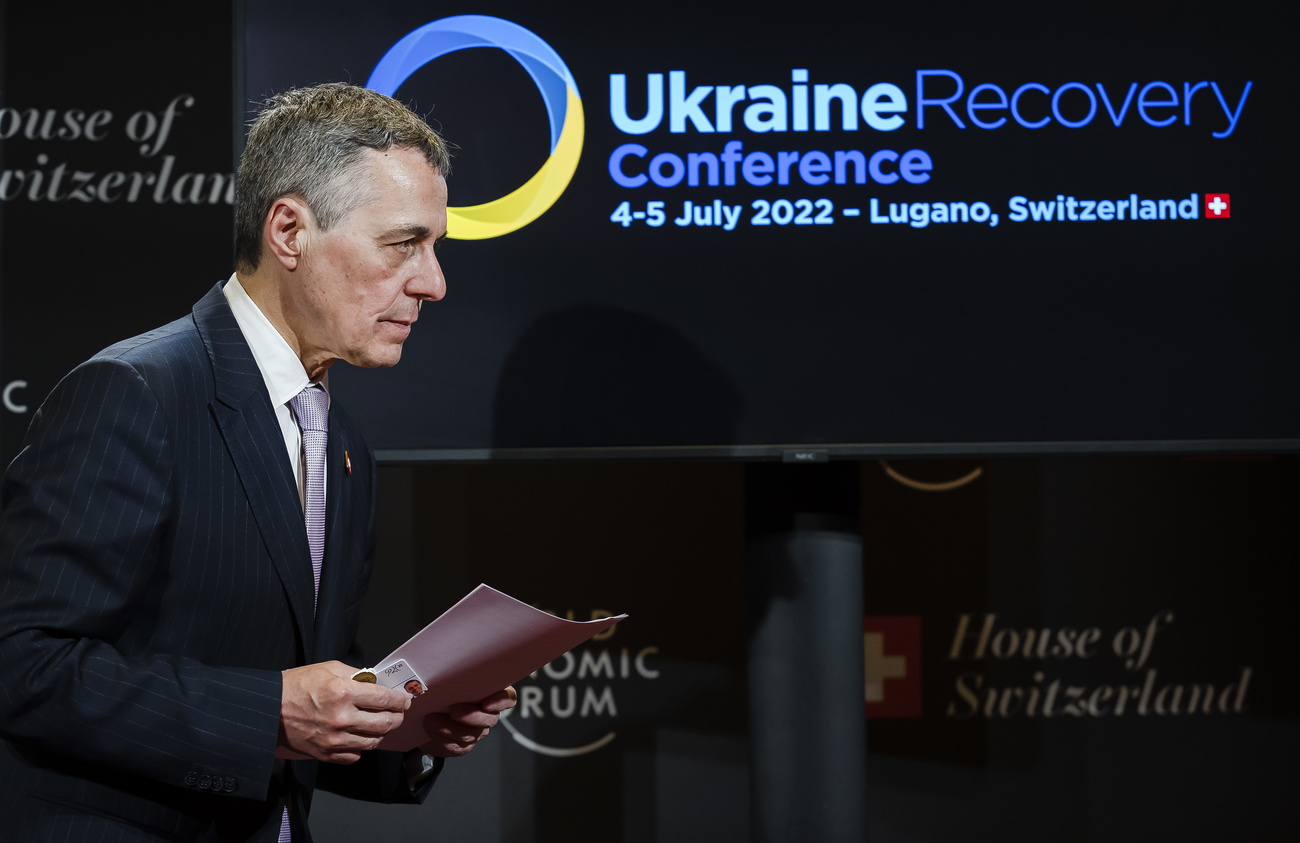
More
Switzerland wants to play key role in rebuilding Ukraine
For Ukraine, it’s about much more. “It’s difficult to talk about priorities when there are so many needs,” says Manal Fouani, who works for the United Nations Development Program (UNDP) in Ukraine.
In the article by SWI journalist Julia Crawford, she also says: “The first priority must be to end the war.” Crawford analyses the reconstruction challenges.
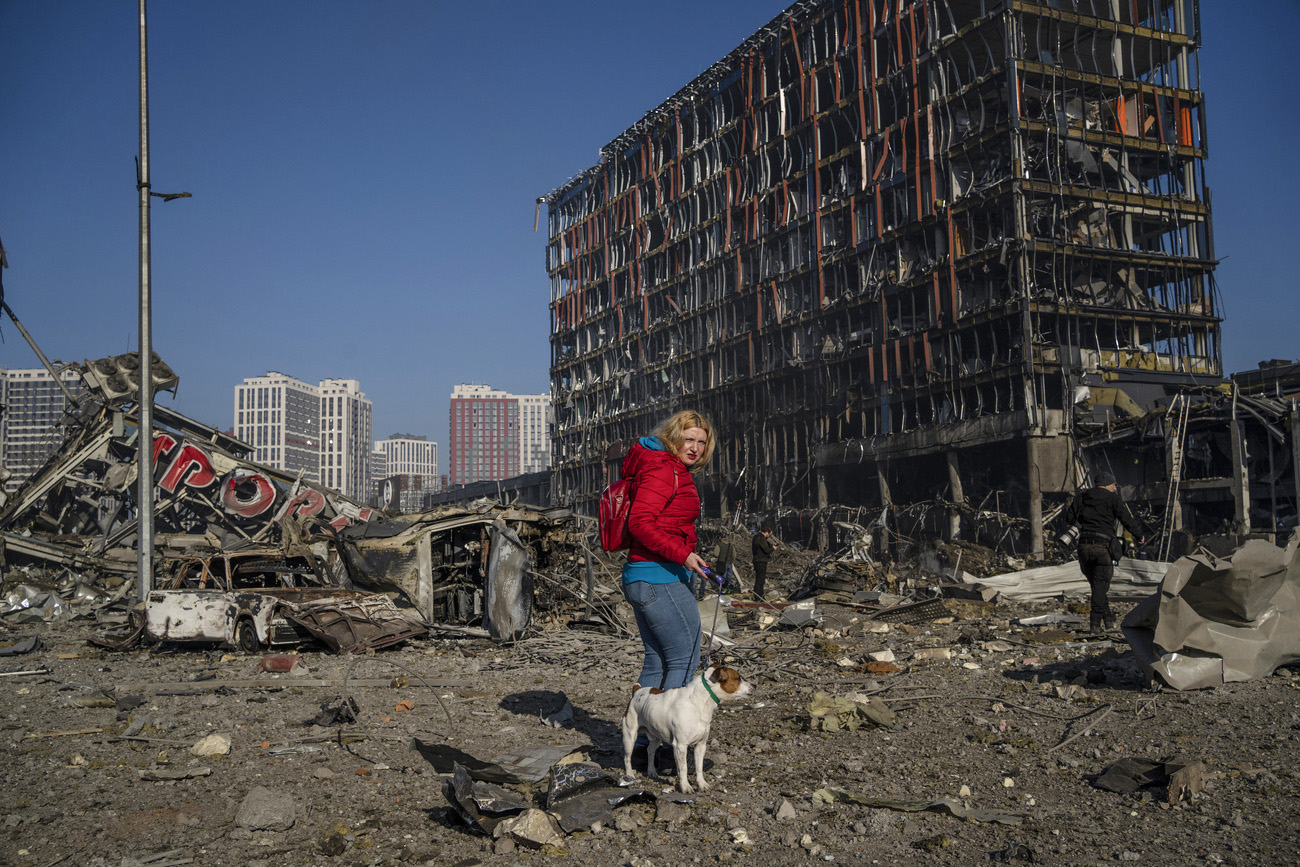
More
Rebuilding Ukraine: how much can the Lugano summit achieve?
It’s not just infrastructure such as hospitals, roads and cities that have been destroyed; society has also been devastated. There’s something though that might discourage donor countries from being generous: Ukraine is more corrupt than any other country in Europe, according to the organisation Transparency International. That will also be a topic in Lugano.
But if the Swiss plan to create a blueprint for building the future Ukraine works out, it will also be a new chapter for Switzerland’s tradition of “good offices”. In recent years, the country has intensified its efforts to position itself as a mediator in international conflicts – with Geneva as the center of multilateralism and neutrality as the guarantor of impartiality. The latter, however, is in the process of being redefined: Switzerland has joined the West in siding with Ukraine as it’s under attack. President Cassis has spoken of “cooperative neutrality”.
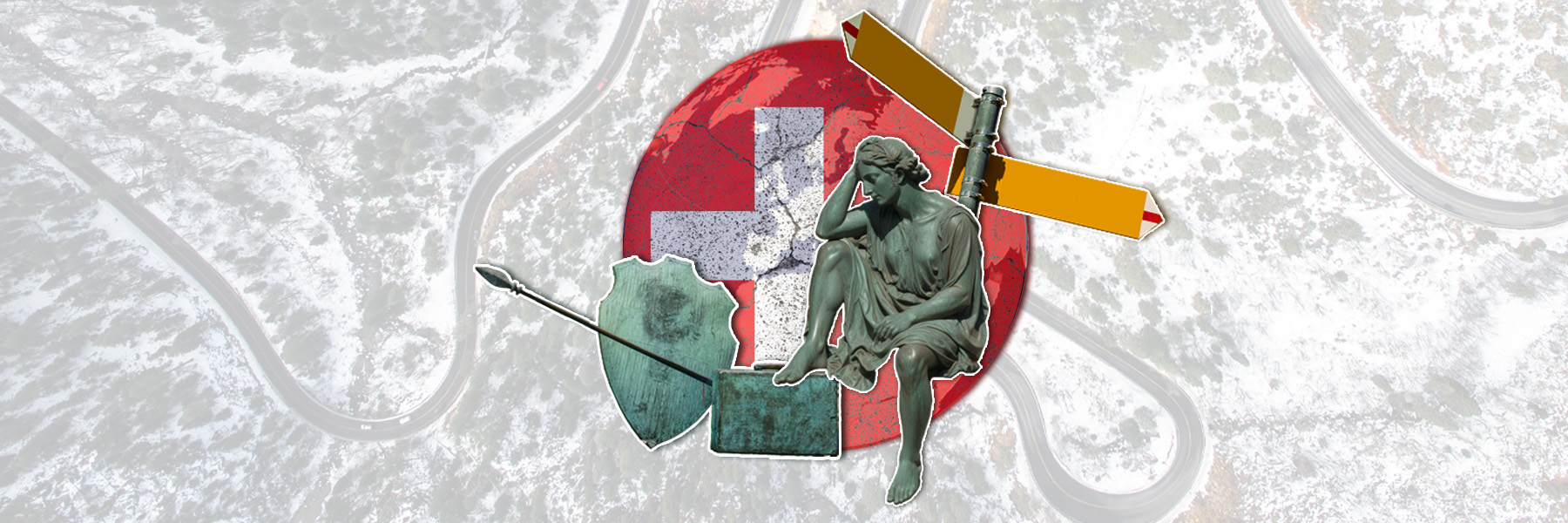
More
What does the future hold for Swiss neutrality?
On one hand, the conference for Switzerland is an opportunity. On the other, the land of banks and business lawyers is viewed as a profiteer. Some 300 Russians live in Lugano alone, among them are several multimillionaires. The city is also the international centre of trade in Russian and Ukrainian steel.
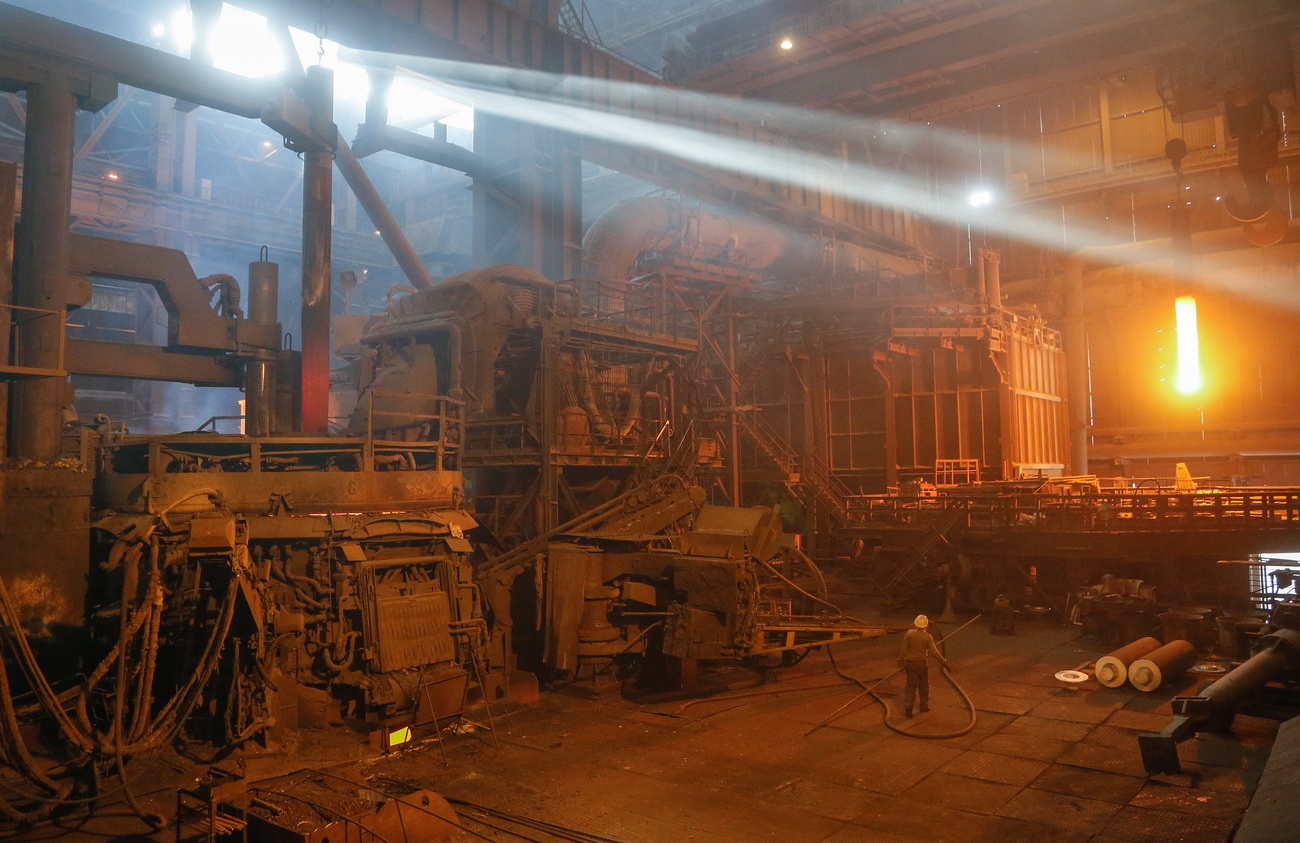
More
War and sanctions impact steel traders in Lugano
Thanks to Russian companies, Lugano takes in up to CHF9 million ($9.4 million)in taxes every year, as the city’s mayor Michele Foletti revealed to Swiss newspapers. This raises some legitimate questions: Is Switzerland tough enough in implementing sanctions against Russia? Was it quick enough to apply and enforce sanctions? Our banking expert Matthew Allen provides some answers.
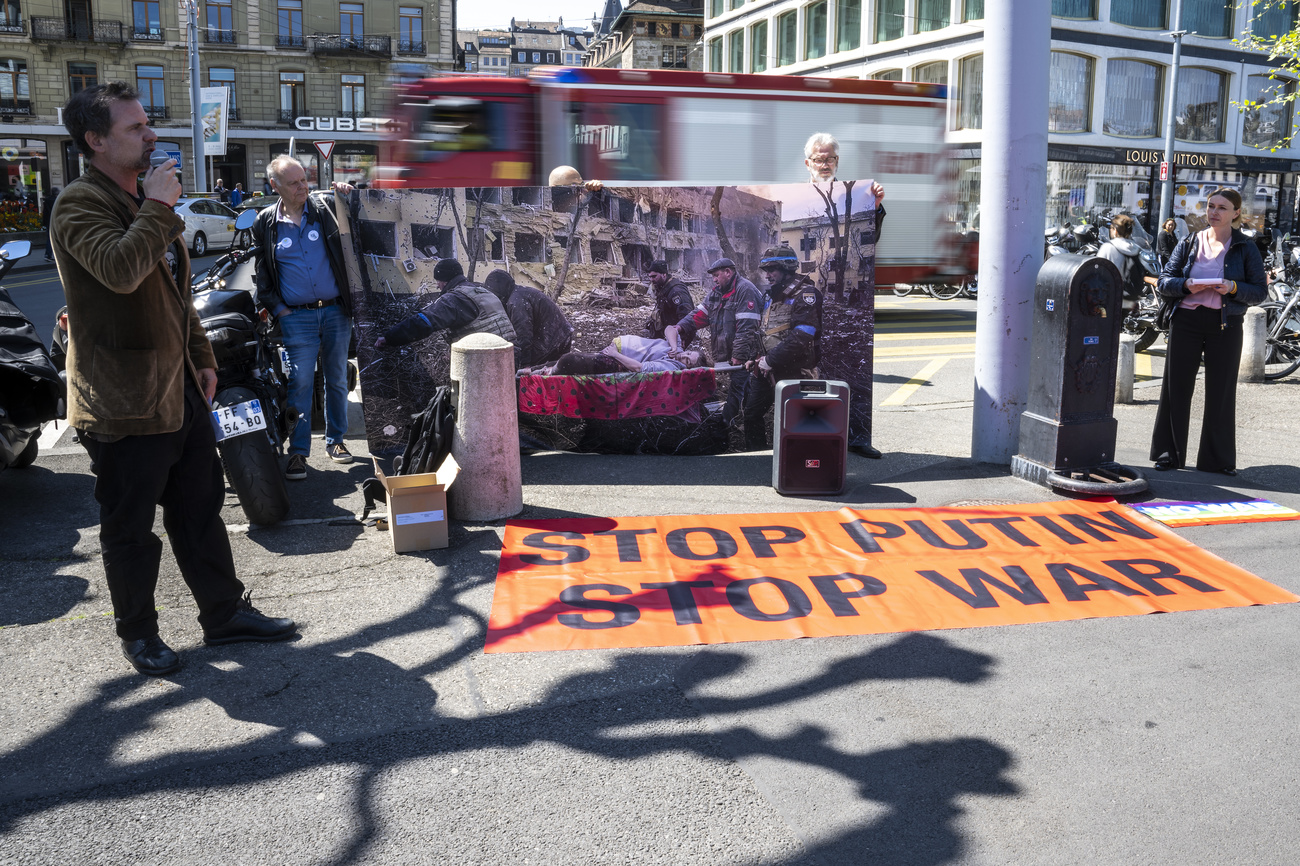
More
Is Switzerland doing enough to freeze Russian assets?
“The oligarchs have had ample time to rearrange their finances with the help of advisors and lawyers,” Allen notes – and invites readers to join a debate on how Switzerland could do better. Join the discussion:
More
When it comes to sanctions, one Swiss feature stands out: free ports. The country has no international port – except for Basel – and it is 200 kilometres to the nearest sea. But Switzerland has seven free ports, plus 174 open customs warehouses. These are all places where valuables can be stored and moved under the radar of customs and Swiss authorities. Our colleague Olivia Chang describes the possibilities and problems this offers.
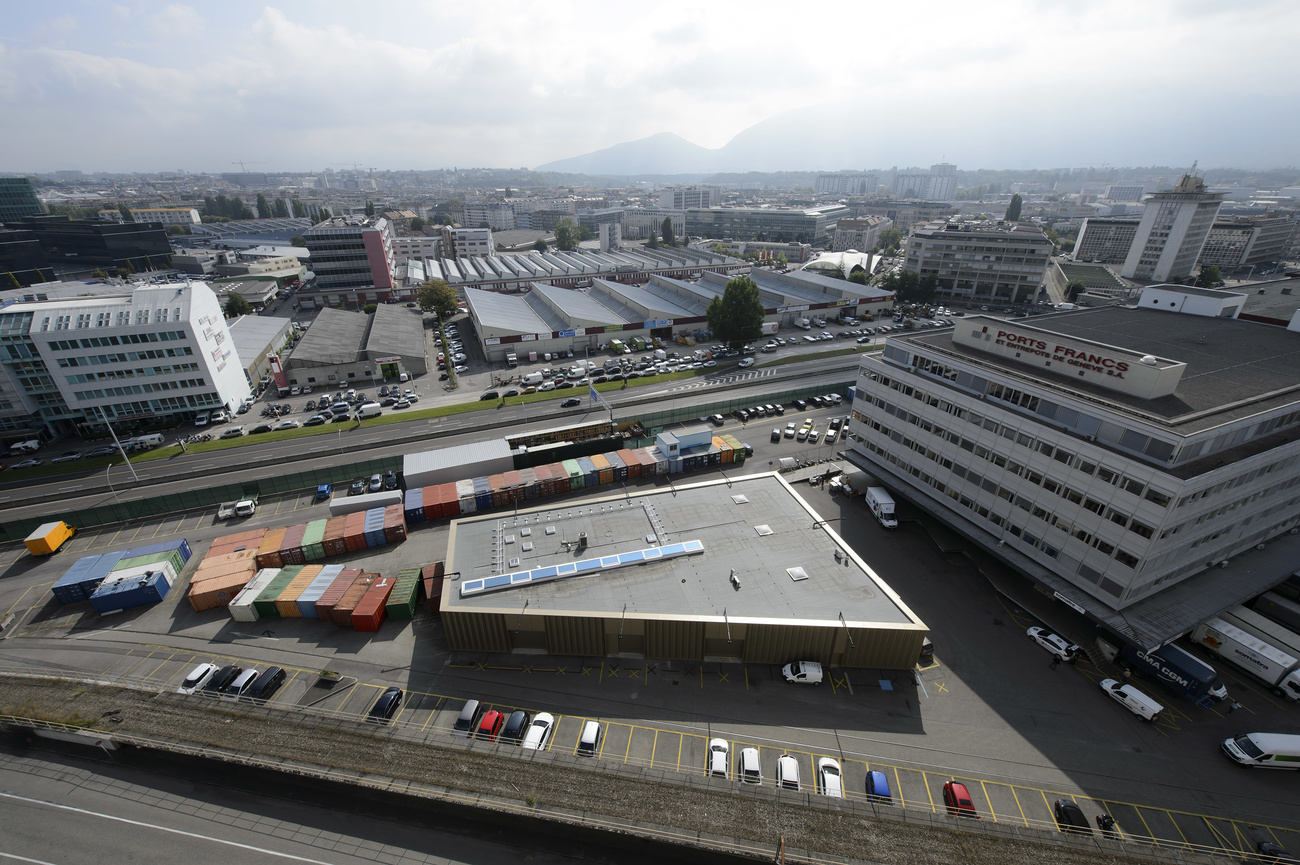
More
Russian war in Ukraine renews pressure on Swiss free ports
Follow the Lugano conference on SWI swissinfo.ch. We’ll be on the ground, offering perspectives in ten languages. Thanks for reading!
Adapted from German by Jessica Davis Plüss

In compliance with the JTI standards
More: SWI swissinfo.ch certified by the Journalism Trust Initiative









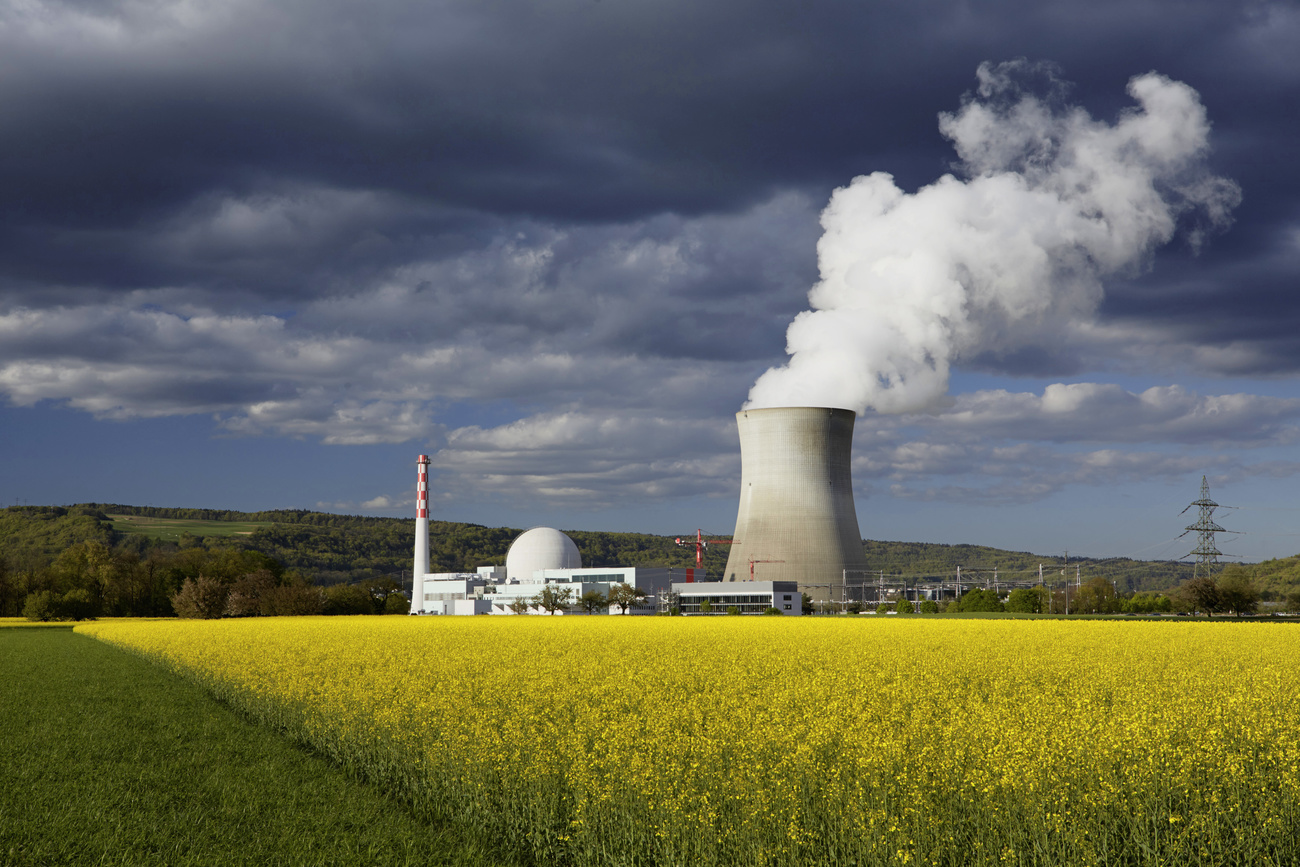
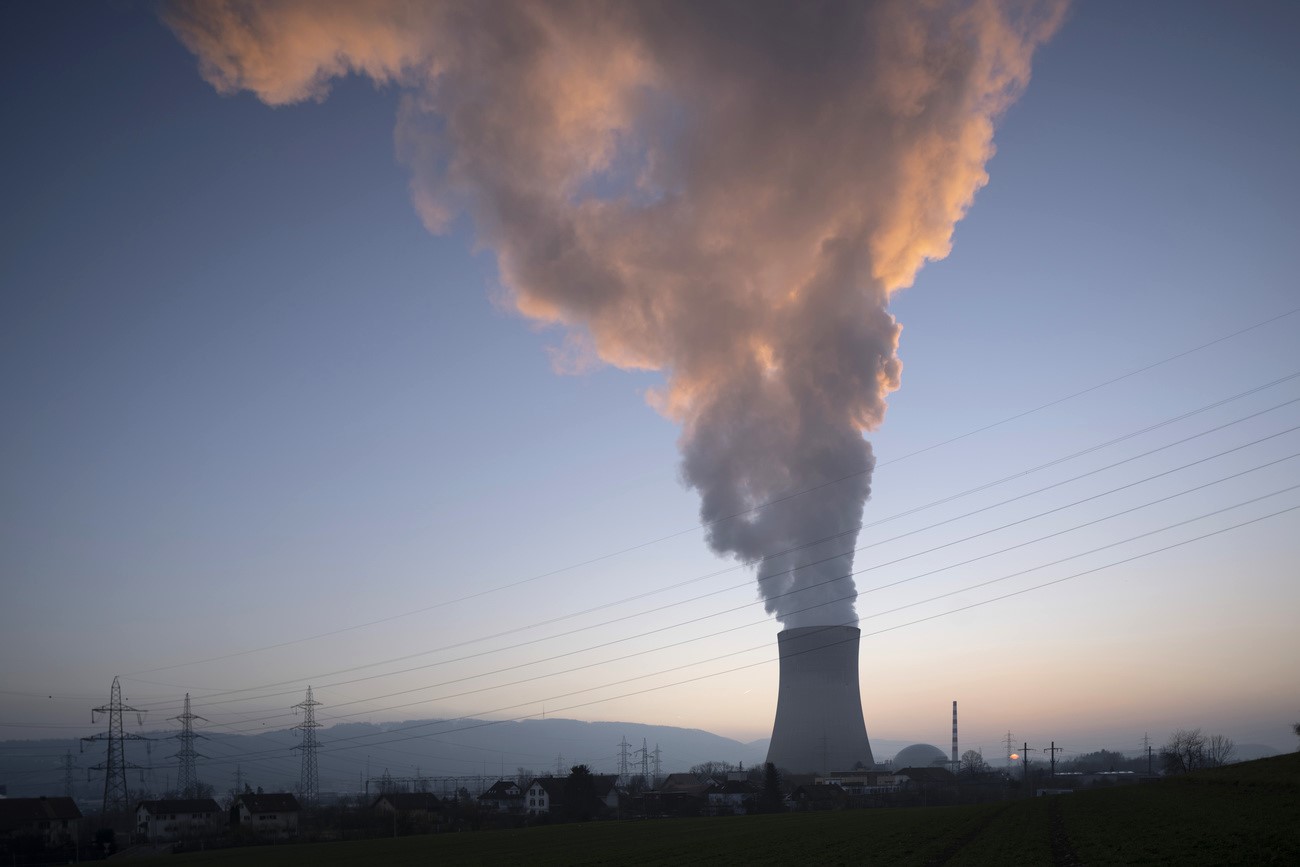

























You can find an overview of ongoing debates with our journalists here . Please join us!
If you want to start a conversation about a topic raised in this article or want to report factual errors, email us at english@swissinfo.ch.